What is the most important thing you should learn before you go to Italy? Of course to greet and say goodbye! You don’t want to be rude, do you? Learn useful greetings in Italian.
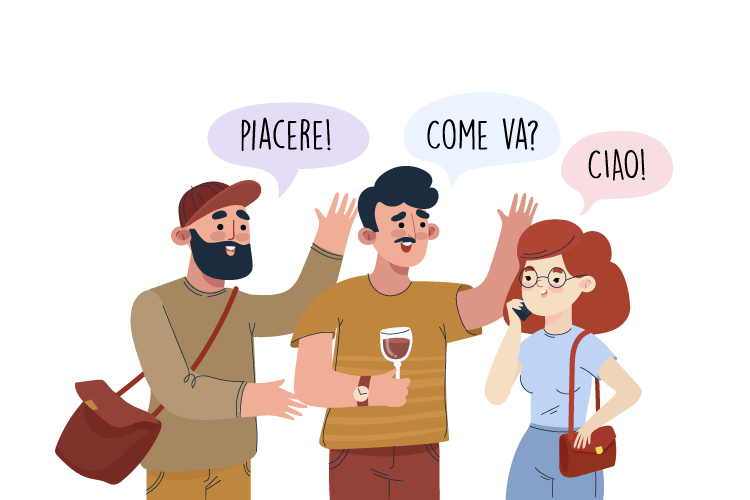
Greetings in Italian
1. Greeting formulas
| Meeting greetings | Formality | When? | |
| Ciao! | informal | anytime | Hi! Hello! |
| Salve! | formal | anytime | Hello! |
| Buon giorno! | formal | informal | morning, afternoon, after waking up |
Good morning! | Hello! |
| Buona sera! | formal | afternoon, evening | Good evening! |
| Buona notte! | formal | informal | Night before bedtime | Good night! |
The time at which you start saying buona sera depends on the region. The further south, the earlier. In the north, for example, buona sera is heard from about 5 p.m., in the south already after lunch.
The buon greetings can be written as one word or separately: buongiorno or buon giorno; buonasera or buona sera; buonanotte or buona notte.
2. Nice to meet you
– Piacere, Valentina.
– Piacere, Federico.
Piacere is what you say when you meet someone for the first time, usually while shaking hands. You could also add a few words:
| Piacere | formal | informal | It’s a pleasure |
| Piacere di conoscerti | informell | Pleased to meet you. |
| Piacere di conoscerla | formal | Pleased to meet you |
If you just met someone and then leave, you can say:
– È stato un piacere conoscerti.
– Anche per me!
| È stato un piacere conoscerti | informal | It was a pleasure meeting you |
| È stato un piacere conoscerla | formal | It was a pleasure meeting you |
| Anche per me | formal | informal | For me, too |
3. How are you?
– Ciao Emma, come stai?
– Bene, grazie! E tu?
There are a few ways to ask how someone is doing and respond. Let’s get to know some of the most common ones:
| Come stai? | informal | How are you? |
| Come sta? | formal | How are you? |
| Come va? | formal | informal | How’s it going? |
Answers
| Bene, grazie! | Good, thank you! |
| Benissimo Molto bene |
Very good |
| Tutto a posto | Everything good |
| Non male Non c’è male |
Not bad |
| Così così | So so |
| Male Molto male |
Bad Really bad |
4. Goodbye!
– Arrivederci, signor Rossi!
– Arrivederci, signora Bianchi!
The most common expressions for goodbye are:
| Ciao! Ciao ciao! |
informal | Bye! |
| Arrivederci! | formal | Goodbye! |
| Arrivederla! | more formal | Goodbye! |
5. See you soon
– Ciao Emma, a presto!
– Ci vediamo!
When you say goodbye, you could also say something other than goodbye. Here you can find some common expressions:
| Buona giornata! | Have a nice day! |
| Buona serata! | Have a nice evening! |
| A presto! | See you soon! |
| A dopo! A più tardi! |
See you later! |
| A domani! | See you tomorrow! |
| Ci vediamo! | See you around! |
Answers
| Grazie, altrettanto! | formal | informal | Thank you likewise! |
| Grazie, anche a te! | informal | Thank you, you too! |
| Grazie, anche a Lei! | formal | Thank you, you too! |
ESERCIZI
1. Combine the sentences with the corresponding answer.
2. What can you say when you leave? Choose all possible answers.
Learn more
Introduce yourself in Italian
Say your name, where you live and where you are from in Italian.
Essere and avere – To be and to have in Italian
Learn the conjugation and some use of the most important Italian verbs essere and avere.
Best books for beginners
If you want to start learning Italian, it’s important to have good books to practice and reference.
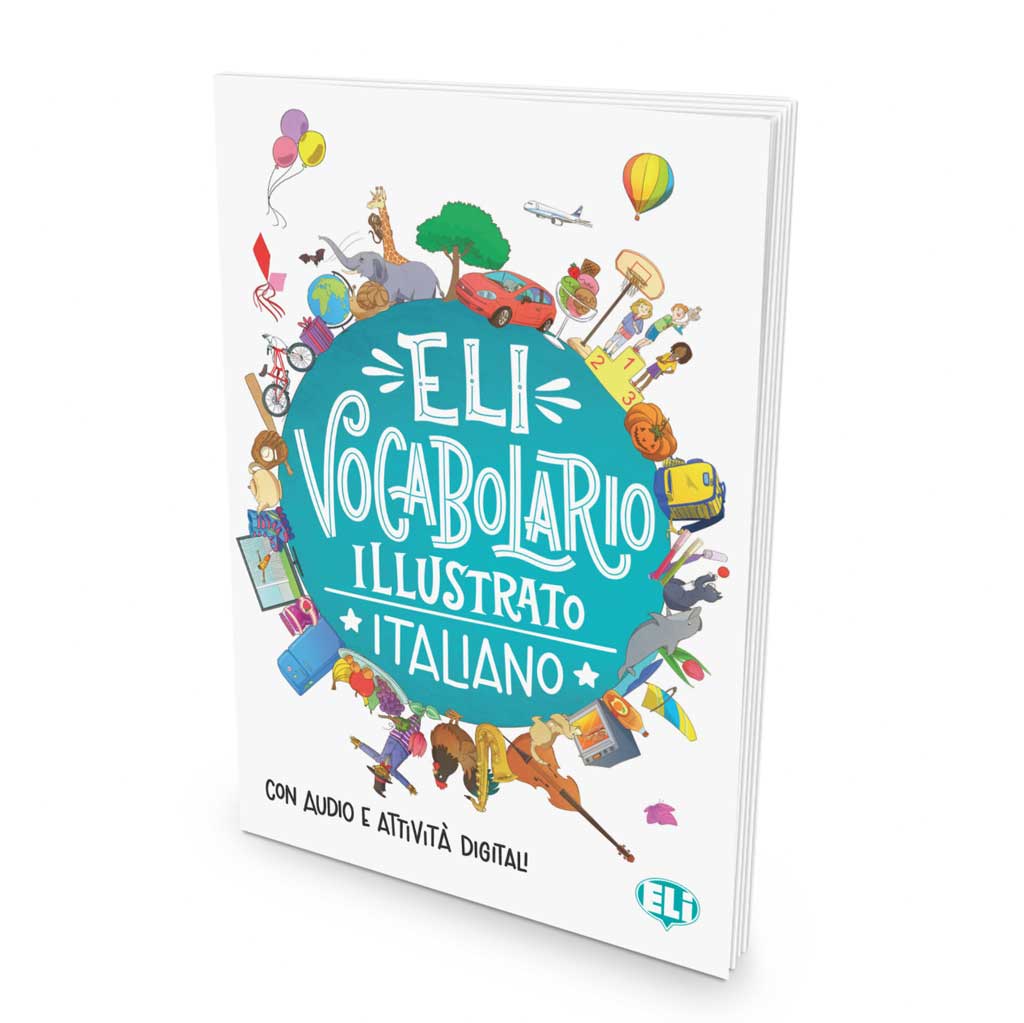

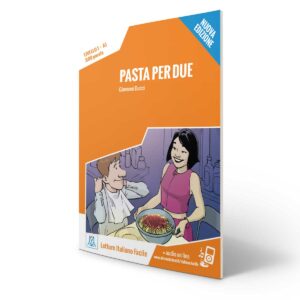
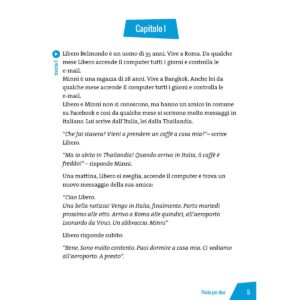
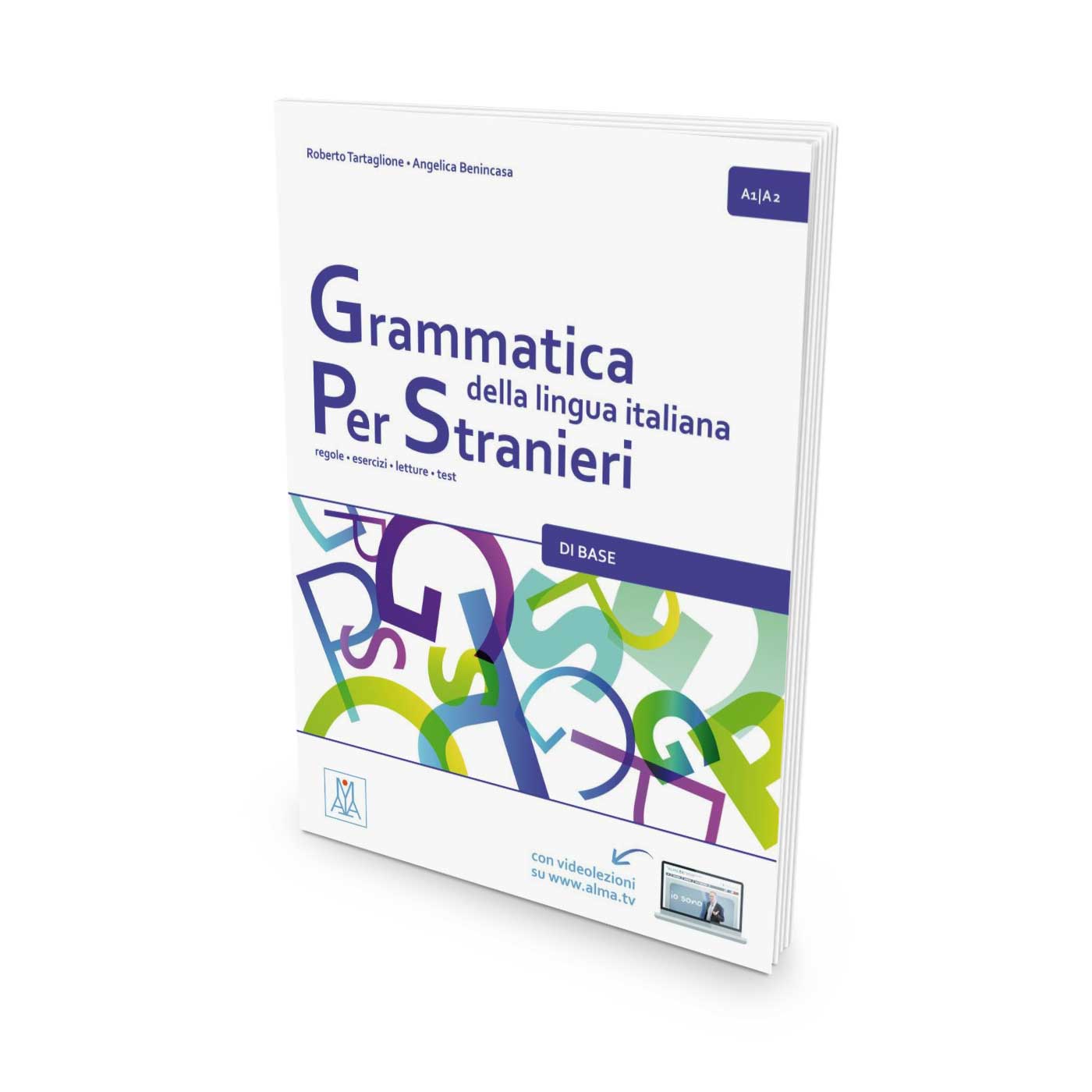
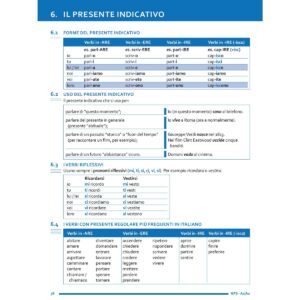

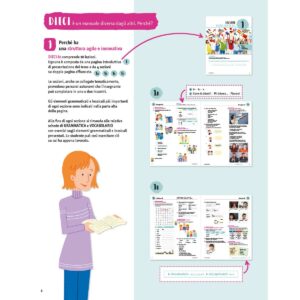
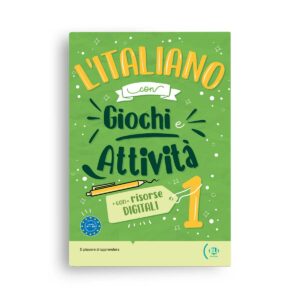
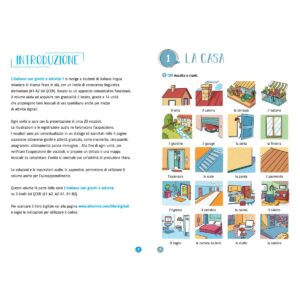
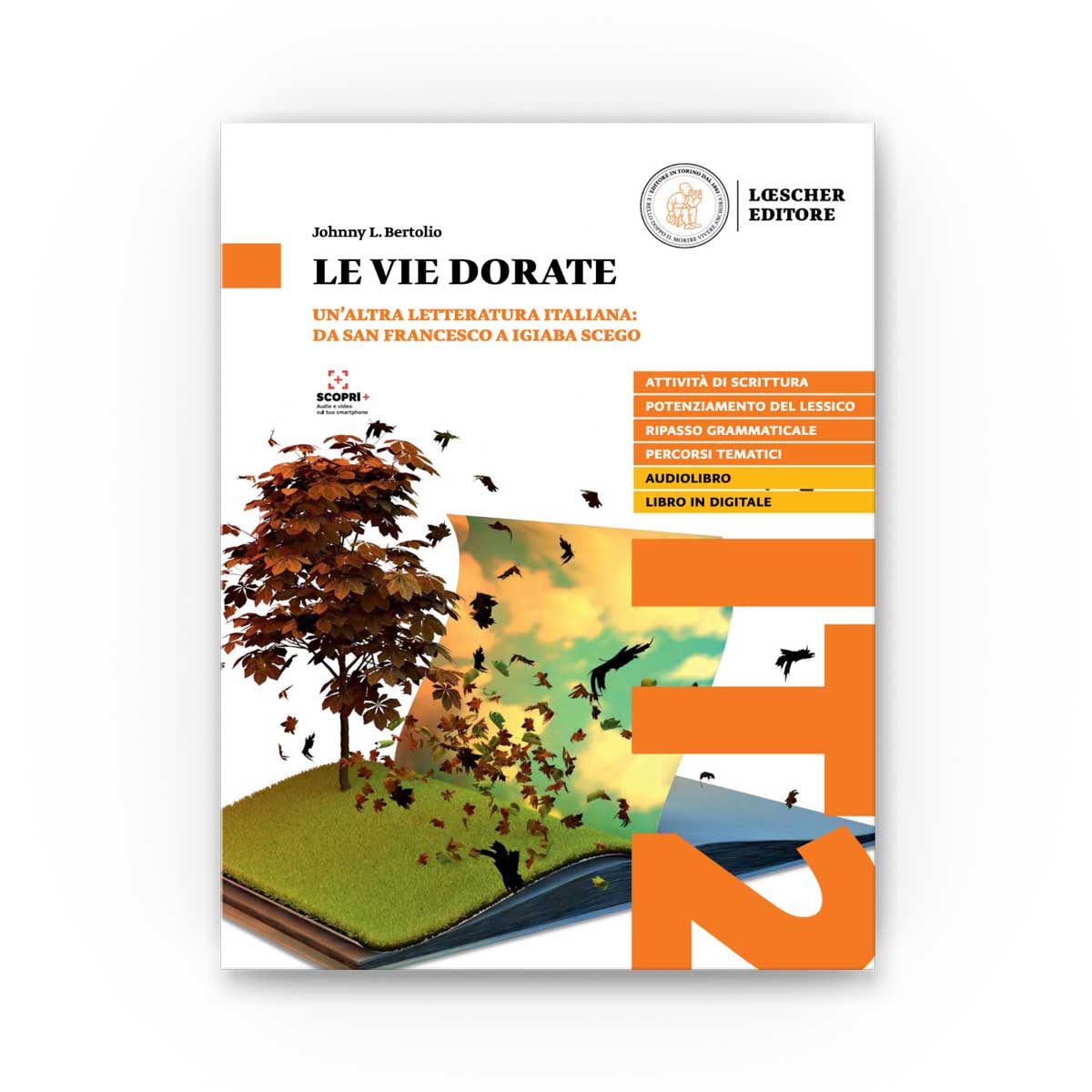
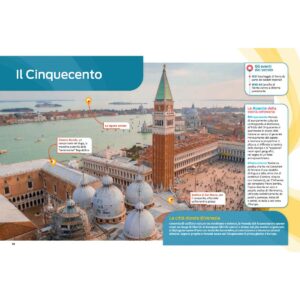
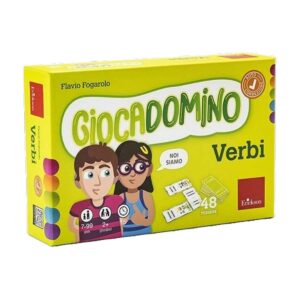
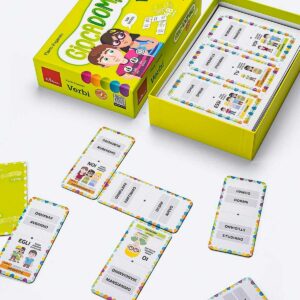
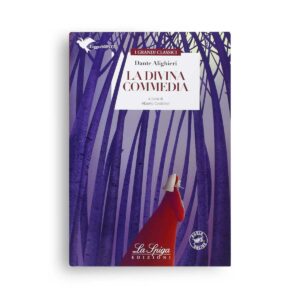

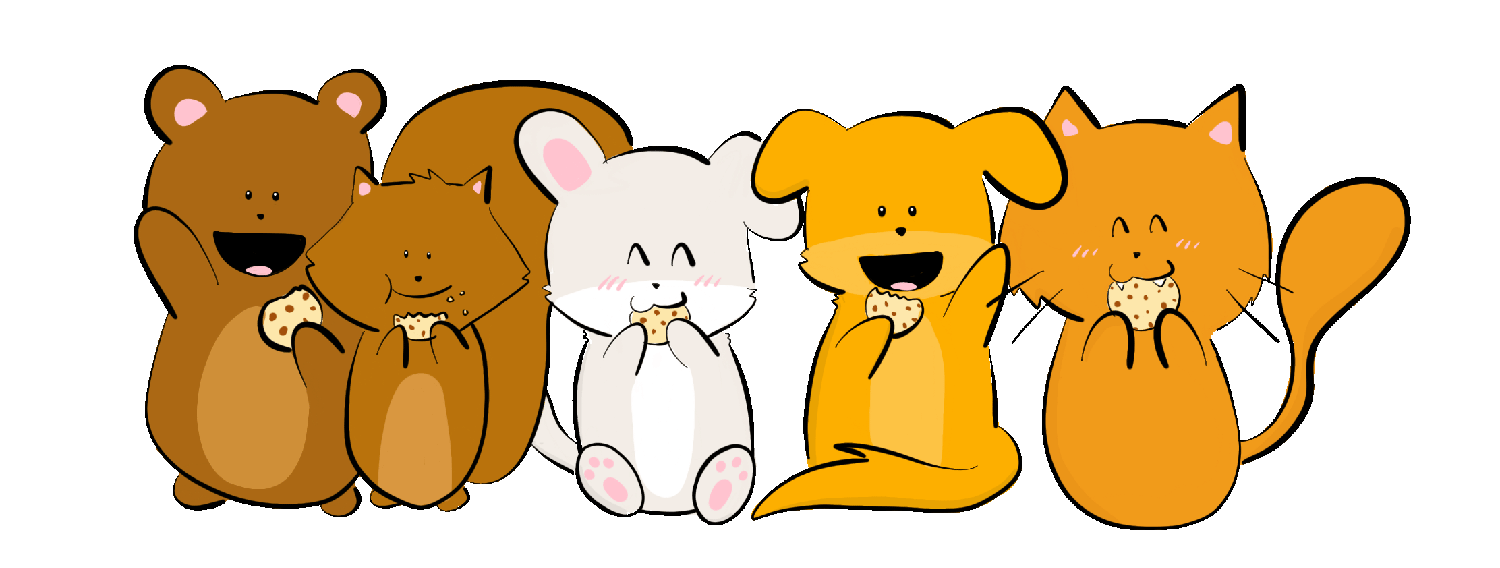
3 thoughts on “Buongiorno! Greetings in Italian”
first try
This a very handy website…👍❤👌
👌👍❤fun